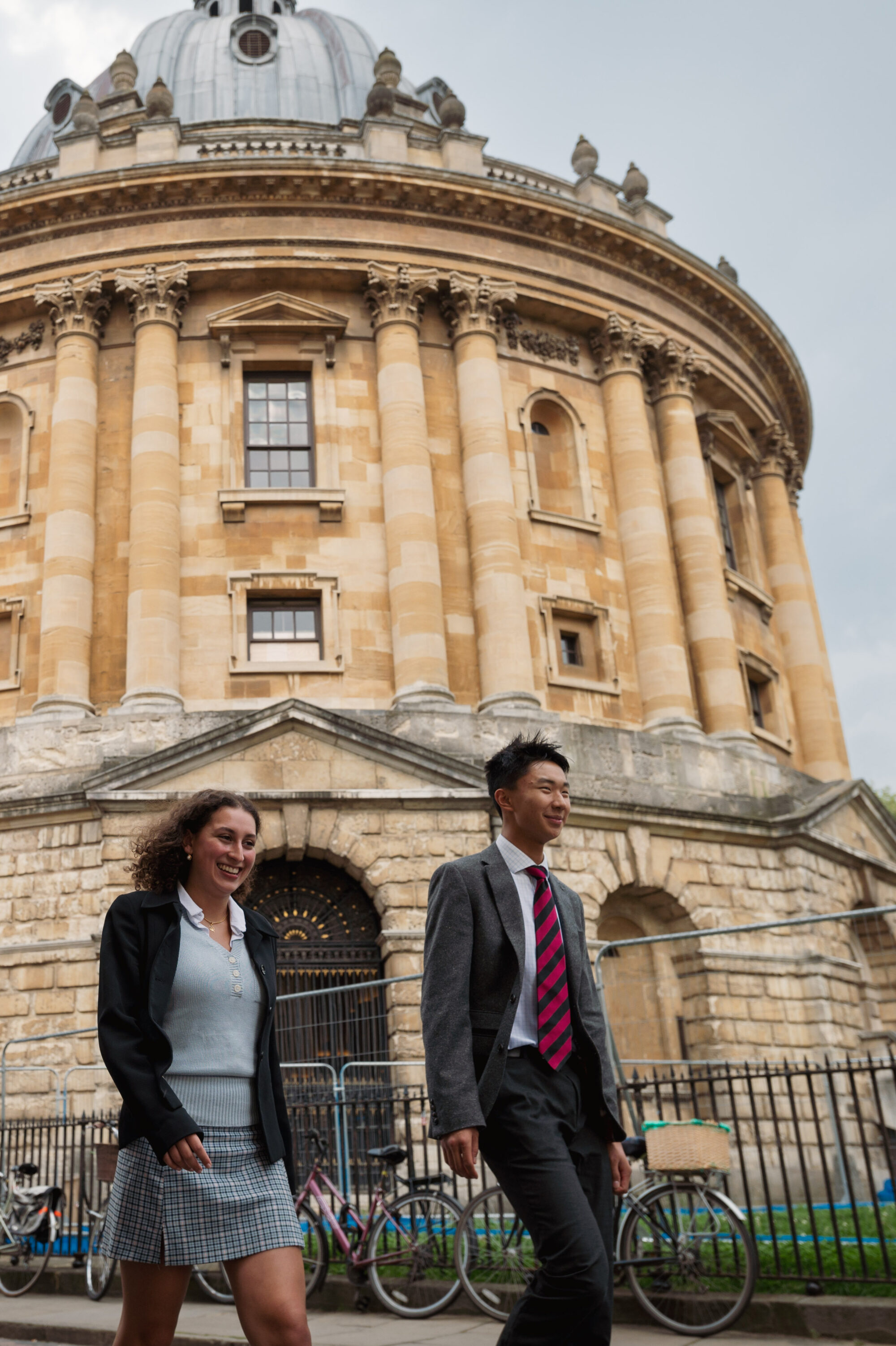MCS was saddened to hear of the passing of Alan and Ehrengard Ritchie this year; Ehrengard on 7/11/2019, and Alan on 5/4/2020. Beneath is a piece about Alan and Ehrengard written by Nigel Laird for the Lily, Michaelmas 2000, wishing the couple well for their retirement.
“It is likely that few boys — and indeed not all of his colleagues — realised that Alan came into teaching only at the age of forty. I recall reading from his letter of application in 1975, written on impressive notepaper, headed “Charles Alan Ritchie”, about his career up to that point, and my concerns about how he might fit into the routine world of school. I need not have worried, for he quickly and happily adjusted to school life, and became part of the establishment long ago.
Teaching had always been a possible career for Alan: after schooldays at Newcastle R.G.S., two years of national service as an officer in the Royal Engineers, and graduation from Cambridge in 1958, he took a teaching diploma at Exeter University. However, he then decided to go to Bonn University for a year to study in the Department of Pre-History, having spent several summers in Sweden studying their pre-history. Among his English friends at that time was the Bonn correspondent of the Sunday Times, who telephoned one day and asked Alan if he would be willing to write an article for a Welsh newspaper about the German economic situation — in English, fortunately. Thus began his career in journalism.
He joined Reuters and became the Bonn correspondent for an independent Israeli newspaper; at the same time he did a good deal of translation work for cultural organisations, on politicians’ speeches and so forth. For one and a half years, he was the B.B.C.’s correspondent in the German capital, working mainly for the World Service. His voice was heard around the world, and it is quite probable that some of his future colleagues at M.C.S. may have listened to his broadcasts. Alone, and with others, he interviewed many of the best known Germans of this time — Chancellors Adenaeur, Kiesinger, Brandt and Schmidt, as well as literary figures such as Heinrich Boll and Gunter Grass. There was no shortage of work, and it was lucrative employment — in a good and busy weekend he was able to earn enough to pay a term’s school fees at the boarding school in Canterbury where his younger son Michael was a chorister. All this naturally prompts the question — why change direction? By the mid-seventies Alan had tired of life in Bonn, John le Carre’s “Small Town in Germany”, and with their sons approaching secondary school age, he and Ehrengard, whom he had married in 1962, decided to move to England. Within a year of arriving at M.C.S., and following Horace Elam’s death on the brink of retirement, Alan was appointed housemaster of Chavasse, a post he held until 1993. Between them, he and Horace spent over fifty years in School House.
With Ehrengard acting as Assistant Matron, and a dedicated team including Mike Wilkinson and John Place as tutors, Ruby Baker as Matron in the early days and Wendy Collier-Parker for Alan’s last two years in the House, a close-knit community was established, which the boys in their care remember with great affection. This was shown by the fact that over fifty former boarders came back to school in Trinity Term (including one from Germany and another from Poland) to pay tribute to the Ritchies — a particularly good turn-out, given that England were playing Germany at Euro 2000 that same evening! Letters, cards and flowers from some of those unable to attend continued to arrive for weeks afterwards.
When Alan took over the House there were about sixty-five boarders, with choristers and ex-choristers as the backbone. Those of us here at that time well remember the fierce house spirit of Chavasse sports teams, and how involved they always were in school activities. They did most of the work backstage for school plays, and on parents’ evenings came in useful in the body of Big School too, when they were encouraged to come in on the dot of closing time and move the furniture as noisily as possible, so that further conversation was almost impossible and proceedings were forced to a halt. Alan and Ehrengard showed some fortitude in putting up with living conditions in Cowley Place, which were Spartan, to say the least. The house was damp, the heating never worked properly, the electricity often failed and the boys then had to work by candlelight. Urinals outside, and fungus on the walls inside, were other notable features.
Needless to say, Alan worked tirelessly and for long hours, but he found time to run Second XI cricket for nineteen years (six matches and six wins in his last season), and as a colleague in the modern languages department was always utterly unflappable. This sang-froid was particularly appreciated in recent years when he looked after the German side when I was on sabbatical leave and then had two spells in hospital. Despite the fact that he never took a German exam in his life, (that Cambridge degree was in Geography), his first-rate command of the language meant that he was amply equipped to cope with the demands of the job. We worked harmoniously together for a quarter of a century, and I shall greatly miss his calm presence and dry sense of humour. Pupils and colleagues alike wish him and Ehrengard a long, happy and, for Ehrengard in particular, healthy retirement.”
J.N.L.
 MCS ranks among the top independent secondary schools, and in 2024 was awarded Independent School of the Year for our contribution to social mobility.
MCS ranks among the top independent secondary schools, and in 2024 was awarded Independent School of the Year for our contribution to social mobility.

 28 of our pupils achieved 10 or more 8 or 9 grades in 2024.
28 of our pupils achieved 10 or more 8 or 9 grades in 2024.
 In 2023-24, MCS received over £448,000 in donated funds.
In 2023-24, MCS received over £448,000 in donated funds.




